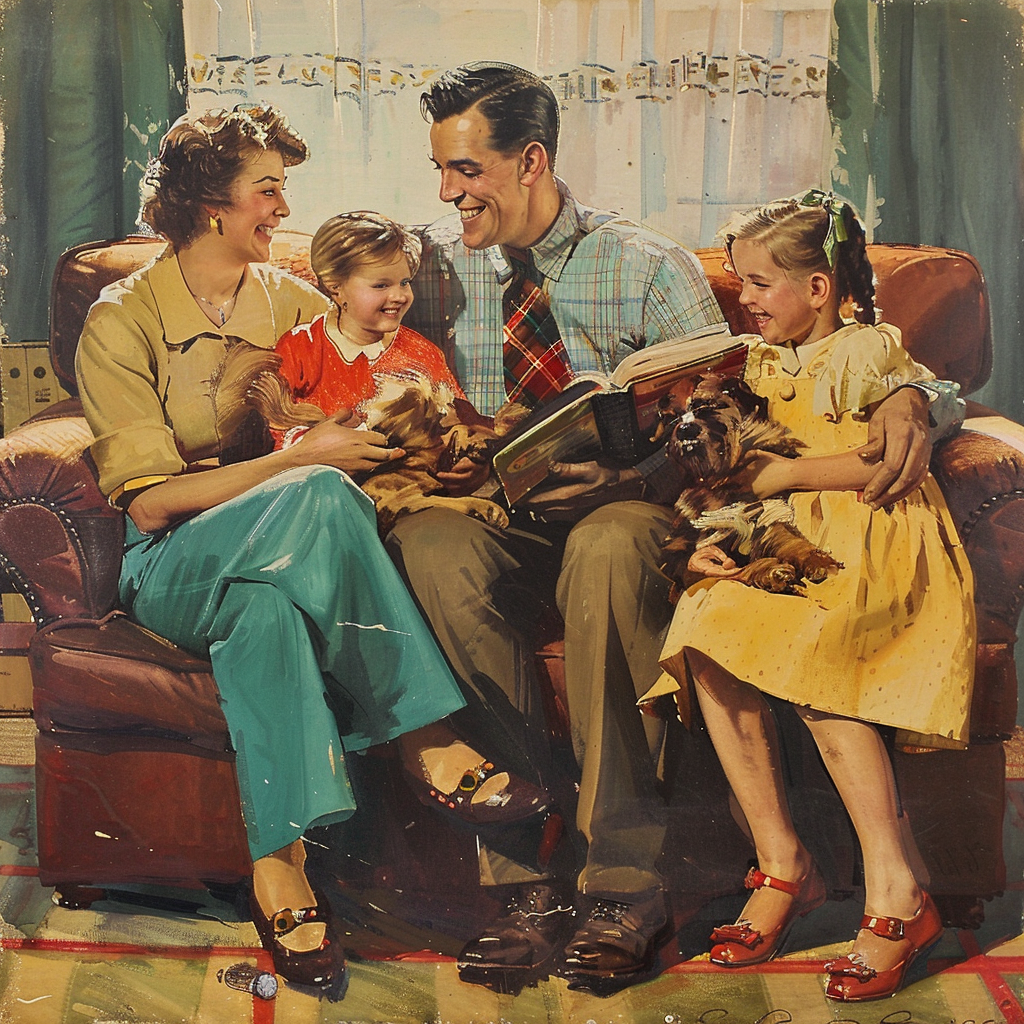Fatherhood and the concept of patriarchy, when understood in a positive light, are foundational to the stability and success of society. Fathers play a crucial role in their children's development, offering unique contributions that complement those of mothers. Studies consistently show that children with involved fathers tend to perform better academically, exhibit better behavior, and develop stronger social skills. A father's presence provides children with a sense of security and helps establish balanced gender roles.
The nuclear family, consisting of a father, mother, and children, is the bedrock of society. It provides a stable environment where children can grow and learn values essential for becoming responsible adults. Traditional Christian marriages emphasize the sanctity and permanence of this union, promoting lifelong commitment that fosters a nurturing and supportive environment for children.
Patriarchy, understood positively, refers to a social system where men hold primary power in ways that benefit the family and community. Historically, men have been protectors and providers, crucial for the survival and prosperity of communities. This framework encourages men to be actively involved in their children's lives, leading with love, integrity, and responsibility. Moreover, fathers serve as spiritual leaders of the family, guiding their families in their faith and moral values.
However, modern society has seen attempts to undermine these traditional structures. Various social and cultural movements challenge the roles of fathers and the traditional family unit, promoting alternatives that can lead to fragmented family structures. Timothy Gordon argues that the supplantation of this patriarchy with a feminist "matriarchy" has been part of the rot we find in today’s society. Additionally, modern-day society's attempts to subsidize single motherhood further undermine the nuclear family, weakening familial bonds and societal stability.
The effects of fatherlessness are profound: increased rates of poverty, behavioral issues, and emotional problems among children. Fatherless homes are linked to higher rates of criminal activity, teenage pregnancy, and substance abuse.
Reaffirming the importance of fatherhood within the home is crucial. A strong father figure provides physical and financial support, emotional and moral guidance. The nuclear family, supported by traditional Christian values and positive aspects of patriarchy, remains essential for nurturing the next generation and maintaining social stability. As society progresses, upholding and protecting these fundamental structures is vital for future generations' well-being.
By Mark Kiddo, Sr.

